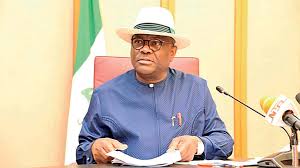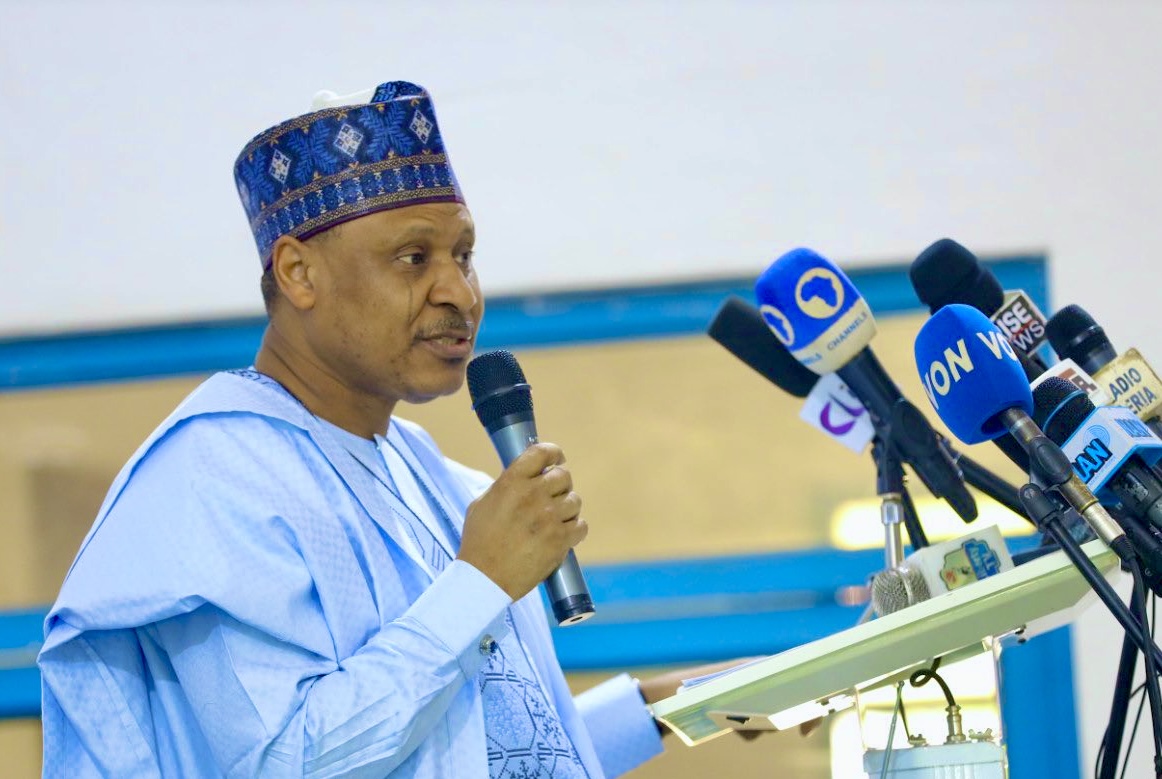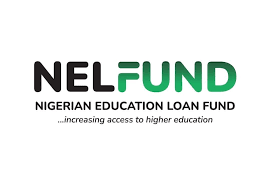Current State of Education in FCT Abuja: Challenges and Progress

As of today, the education sector in the Federal Capital Territory (FCT) Abuja continues to navigate a complex landscape marked by both challenges and progress. With the territory being the political and administrative hub of Nigeria, its educational institutions play a critical role in shaping the future of the nation’s youth.
Recent efforts have improved enrollment rates in both primary and secondary schools, thanks to government initiatives aimed at enhancing access to education. However, disparities remain, particularly in rural areas where school infrastructure and resources are still lacking.
The quality of education varies significantly across institutions. While some private and international schools provide high-quality education, many public schools struggle with inadequate facilities, outdated curricula, and a shortage of qualified teachers. This disparity raises concerns about equity in educational opportunities.

The FCT faces a pressing need for qualified teachers, particularly in public schools. Initiatives to enhance teacher training and professional development are ongoing, but implementation challenges persist. Many educators lack access to continuous training, affecting their ability to deliver quality education.
The FCT Administration has launched various programs aimed at revitalizing the education sector, including infrastructure development and funding for schools. These efforts are crucial for improving the learning environment and addressing some of the systemic issues plaguing public education.
The adoption of digital learning tools is gradually increasing, with some schools implementing e-learning platforms. However, access to reliable internet remains a barrier for many students, particularly in less affluent areas.
There is a growing recognition of the importance of community and parental engagement in education. Local initiatives are encouraging parents to take an active role in their children’s education, fostering a collaborative environment that benefits students.
Despite progress, the education sector in the FCT still faces significant challenges, including inadequate funding, infrastructural deficits, and the need for policy reforms to ensure equitable access to quality education for all students.

The current state of education in the FCT Abuja reflects a mix of progress and ongoing challenges. While initiatives to enhance access and quality are commendable, more concerted efforts are needed to address the disparities that exist within the system. Continued investment in teacher training, infrastructure, and community involvement will be essential for fostering a more equitable educational landscape in the region.
Stay tuned for more updates as we continue to monitor the developments in the education sector in the FCT.



